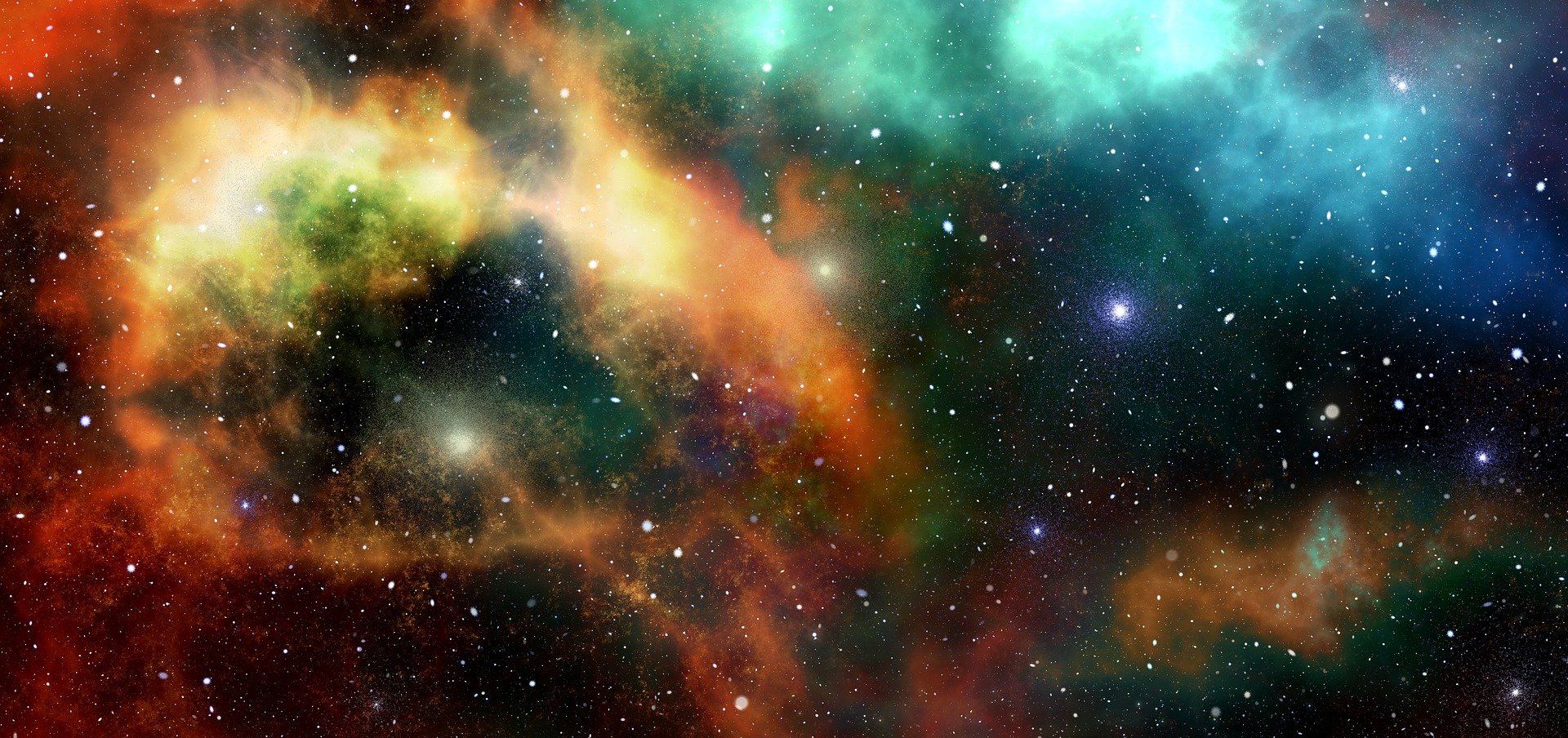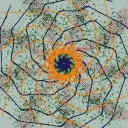New research puts age of universe at 26.7 billion years, nearly twice as old as previously believed::Our universe could be twice as old as current estimates, according to a new study that challenges the dominant cosmological model and sheds new light on the so-called “impossible early galaxy problem.”
Interesting hypothesis – and totally outside my wheelhouse. I wonder how “tired light” sheds energy without violating the law of conservation of energy. Are they suggesting that our universe is not an isolated and closed system?
No, nothing like that. Everything is within our universe. He says he has a new way of describing light where it loses energy over time (something weird) and so it explains redshift. His idea says the redshift is wrong and the universe is older. He also says universal constants can change (something never observed before that would fundamentally change physics) and he can explain dark matter.
So, a lot of over-the-top claims. I’m pretty sure this guy isn’t toppling physics today as the bar is set high for whatever evidence he is sharing.
and he can explain dark matter.
* dark energy. They are not the same.
I think Dark Einstein showed DE=dmC^2
Isn’t dark matter just matter we can’t percieve? Rogue asteriods and the like? I admit its been a minute since I studied this stuff, but dark matter isn’t very special.
It’s been a minute, but the universe is expanding and the speed of the expansion depends on the total gravity. When we calculate the amount of mass it would take to make that much gravity, it’s way more than what we actually see out in the universe. It’s really a cheeky way of saying our current model makes tons of good predictions so we trust that something is out there, but in reality we don’t know its nature and can’t detect or measure it directly.
Things like asteroids, galactic dust and the like are already accounted for in the baryonic (ie ordinary) matter. We can estimate it for example measuring the absorption of different wavelengths of light, or extrapolating the local abundance of asteroids. There are theories like the MACHO that propose that we are missing some, but in general it is understood they can only account for a tiny fraction of the missing mass.
The predominant hypothesis is that dark matter is composed by some unidentified particles, that have the same thermodynamic properties as usual matter (basically that their energy is proportional to the volume), but that don’t interact (or interact very weakly) with normal matter.
It used to be 13.7 billion years± a big margin that got narrowed down to 13.8± a smaller margin. Not seeing that changing unless there’s something seriously wrong with the previous research.
Narrowing it based on what we can measure doesn’t mean it’s correct.
The deeper we have stared into the universe the more our base understandings have challenged.
Hence the “unless there’s something seriously wrong with the previous research” part. That is always a possibility, of course, but it’s much less likely that is the case then that this single study is the thing that is wrong.
More likely it’s this guy’s research.
Are there any constants that we actually know to have varied along the lifetime of the universe?
Somewhat. Based on my understanding of current astronomy news (I’m not an astronomer, just interested in the field) it’s not proven, but it’s not entirely disproven either. For instance, my understanding is that the Hubble constant (rate of expansion of the universe) is different if measured with the Cosmic Microwave Background (newer universe) compared to measuring redshirt of stars (older universe). Of course, it could be that one of the measurements made an assumption that’s not true, but i don’t think it’s out of the question that the false assumption ends up being that the constant stays the same over time…
Take what I say with a grain of salt, though. Hopefully an actual astronomer can pitch in
“Hubble constant” is a misnomer, and an old fashioned term. Cosmologist actually use the term “Hubble parameter” (which is in general time dependent except in very specific models which only contain dark energy), and denote its present value as H0.
https://en.wikipedia.org/wiki/Hubble's_law#Time-dependence_of_Hubble_parameter
I don’t know if this counts as a constant, but I read that time moved something like 5 times slower in the early years of the universe.
It didn’t as time is relative just like space. There is no absolute standard of time to say “time moves faster”. Faster relative to what?
What about what the CMB tells us? Theory seems to ignore that entirely. I’ll wait for the cosmic neutrino background before I take any of these articles more seriously.
I’ve been watching progressively more complex videos on YouTube about spacetime over the past two years.
The more I understand of it, the more I realize I understand nothing of it.
It bends my mind so much, it’s like taking weed without any physical substances.
It makes the Total Perspective Vortex seem like a walk in the park.
A lot of theories come along, few survive scrutiny of people who know what they’re doing
A sincere thank you for a fascinating, quality post in Technology instead of the usual Threads/Twitter/Reddit posts.
I’m not surprised at all honestly
It sounds insane to say, but 13.4 or whatever felt way too young
“Feels” and “common sense”means little in science unless you have a mathematical or logical reason why you feel that way. I’ve seen far too many metaphysical theories try to be taken seriously to not point out that “feels” is useless, observation and math are what matter
And yet, some of the greatest scientific discoveries of all time were made based on people’s feelings and intuition. Fucking shocker I know right. I’ll bet you’re fun at parties.
Despite agreeing with your initial position, you sound like an asshole at parties and outside of them, too. If you need to posture and belittle to support your position, then you have no business trying to argue it in the first place.
Intuition can be a powerful compass to guide us to truths we haven’t yet considered, bubbling up from our subconscious that contains the bulk of our brain’s processing power. But the other commenter is right, it’s not infallible. That same intuition in different people came up with all of science’s knowledge (both the stuff that is currently believed and the stuff that has since been disproven) as well as all of religion’s knowledge (assuming there isn’t any higher being involved, which my intuition says there isn’t but others’ have come to different conclusions).
deleted by creator
Okay, but the universe and our galaxy is really friggin’ big. There very well could be other life out there, but is it intelligent enough to build spaceships? Perhaps. Has it figured out how to traverse the galaxy in a reasonable amount of time? I have doubts about that. Then what’s the chance it would came across our own solar system? Pretty slim.
It also assumes that all life is as interested in exploring and expanding like humans are. I’d argue that the intelligent life that is most likely to survive to the point where it might understand that universe enough to travel it would be the ones that can be content with what it has rather than chasing a constant obsession with growth. We can see how that’s going for us, where it got us here in the first place but also might get us to extinction.
I like the hypothesis that any civilization that gets close to entering a space based civilization ultimately destroys itself like we are currently doing even though we basically have a solution in the form of humanistic philosophy and nuclear power for clean energy
Double that is still weird. If the heat death of the universe is 10^100 years out or more, we’re incredibly early whether it’s 13 billion or 26 billion. That leads to one possible explanation for the Fermi paradox, the universe will have countless civilizations rise and fall over the eons, we’re just one of the first, if not the first.
Granted that’s just a thought that came to mind under the influence of an unexpectedly strong edible rather than actual scientific research, but it’s still neat.
Before Hubble and also before JWST scientists predicted these telescopes would :
Hypothesis : show evidence of the beginning of the universe at about 14 billion years.
Observations again and again nulifies that hypothesis.
Scientist goes over the top about this in part because they have :human needs
need to publish, need to make a career, need to be recognized as scientists, need to put bread on the table
And so they come up with this :
BigBang, acceleration of the expansion : “inflation of the universe”, decceleration : “end of the inflation”, and now a new phase of acceleration !
Since there is not enough strong non-contradictory evidence to say otherwise, let’s go with Ocam’s razor : whatever more simple theories, even if it hurts scientist’s egos.






